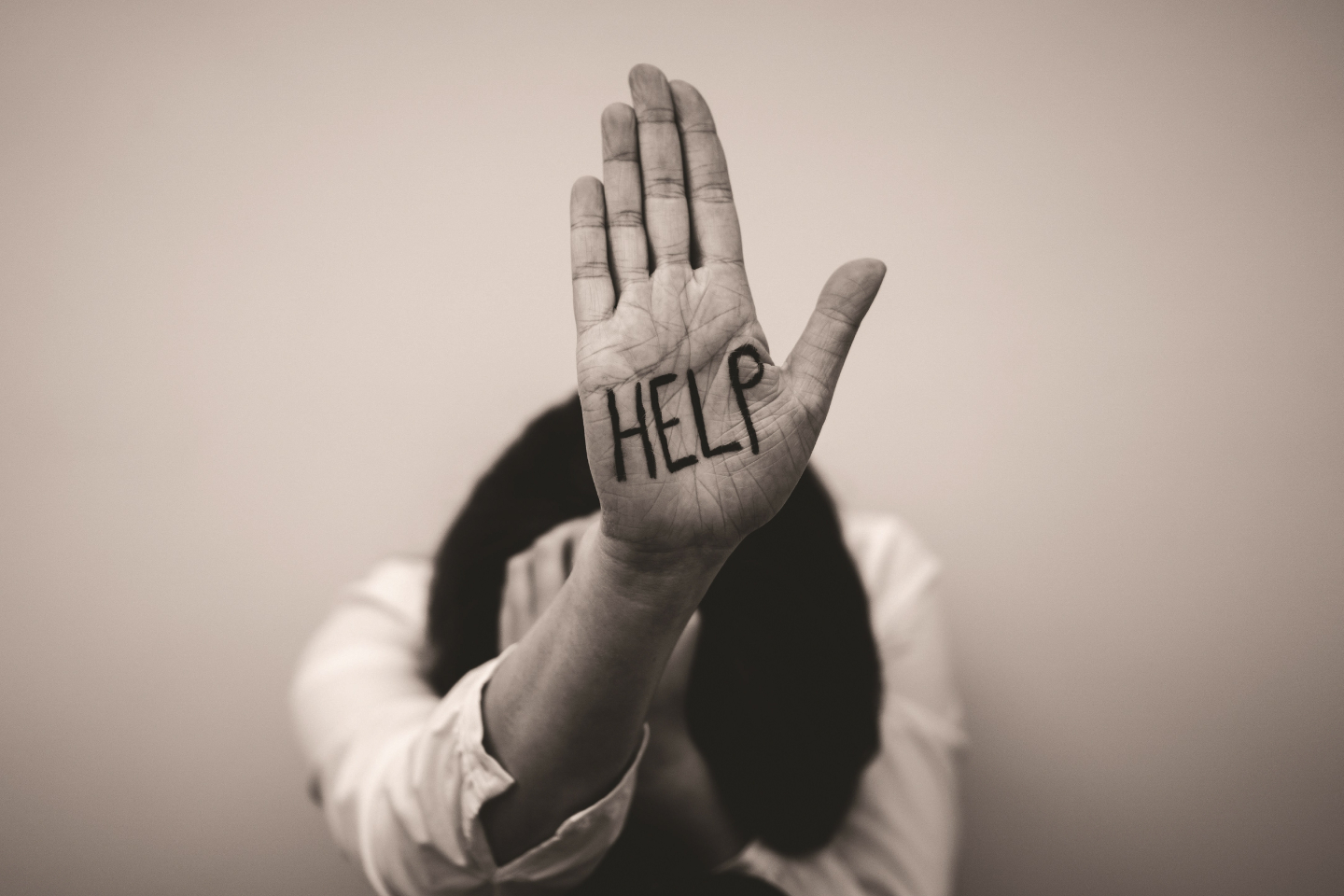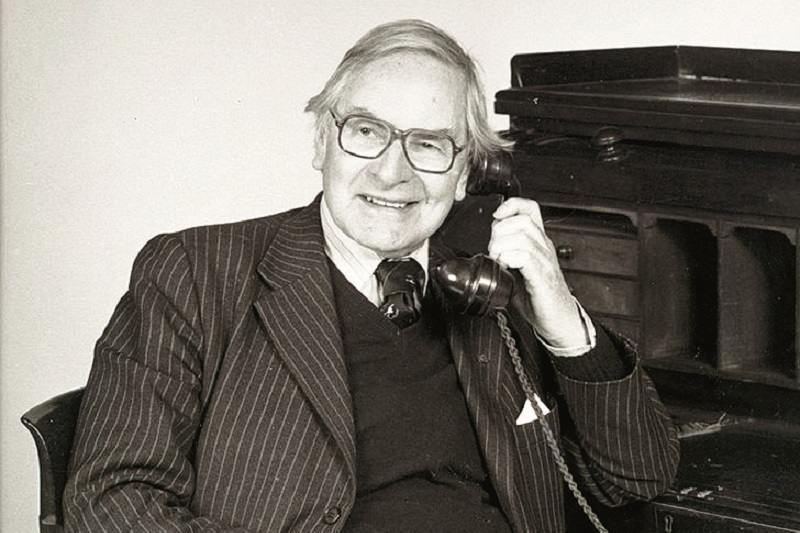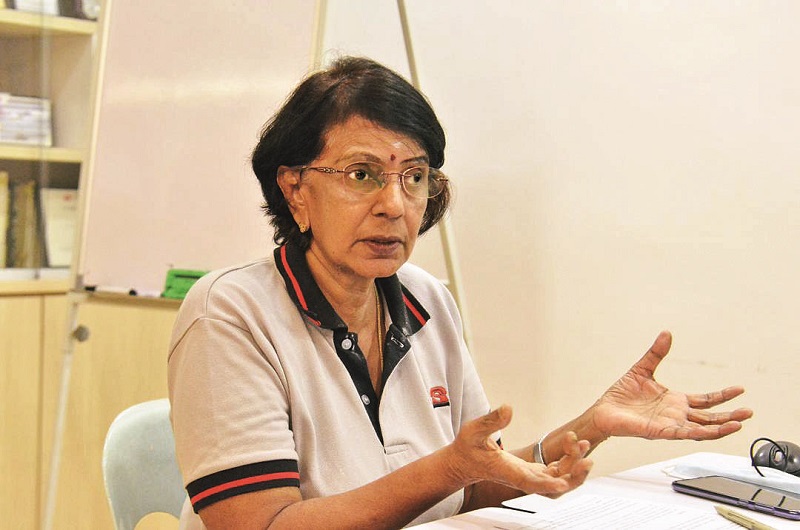
Data reveals there is an average of three deaths by suicide nationwide each day from January to May
In case you missed it, the present statistics relating to suicide rates in Malaysia is incredibly worrying. Based on recent reports from Bukit Aman, there were 468 recorded cases in the country in the first five months of the year, up from 631 in 2020 and 609 in 2019. This works out to an average of three deaths by suicide nationwide each day from January to May — amid the economically devastating lockdowns as the Covid-19 pandemic surged — which translates to almost double last year’s rate of 1.7.
While it is common knowledge that the nation is in the throes of a public health crisis, it is now becoming apparent that we are up against a mental health crisis as well.
But even prior to the pandemic, suicide was somewhat of an issue. In 2016, Malaysia’s suicide rate stood at 5.5 per 100,000 inhabitants, and while it is still well below the 2016 global rate of 10.6 per 100,000 people, data indicates that there has been a rise in numbers since 2010. With only one psychiatrist for every 200,000 residents as at 2019, Malaysia is far short of the World Health Organization’s (WHO) recommendation of one psychiatrist to 10,000.
The wait for mental health support in public hospitals is long because of this reason, and while there have been many private practitioners in business in recent times, the high costs are prohibitive for many. Accessibility, coupled with a prevailing social stigma regarding mental health, means that many of those suffering from such issues do not get the treatment that they need.
Suicidal thoughts and poor mental health are not modern problems, even though they have certainly come into the spotlight this year in light of the damning effects of the pandemic. In 1935, British Anglican priest Edward Chad Varah conducted a funeral service for a 14-year-old girl who took her own life because she had begun to menstruate and feared that she contracted a sexually transmitted disease.
Varah was troubled by this and founded Samaritans in 1953 in the crypt of his church with the stated aim that it would be an organisation “to befriend the suicidal and despairing”. The phone line received its first call on Nov 2 that year and the number of calls increased substantially as it gained publicity.
edward_chad_varah_1.jpg

The world’s first crisis hotline, Samaritans would also become known as the Befrienders and evolved into a network of 349 emotional support centres in 32 countries, reaching an estimated seven million people each year. Volunteers listen without judging people or telling them what to do, and can be contacted by phone, SMS, internet chat or in person, depending on the location.
The Befrienders chapter in Malaysia was formed after the communal riots of May 13, 1969, based on concerns about the emotional well-being of the communities after this watershed event that resulted in widespread looting, assault, arson, property damage and deaths. With the assistance of professional psychiatrists and psychologists from University Hospital, The Befrienders Kuala Lumpur was established. It remains the only centre that is able to provide a 24-hour hotline.
The first centre in KL soon grew to four, so the National Council of Befrienders Malaysia (NCOBM) was founded in 1996 as an umbrella organisation that would jointly oversee the growth and development of all branches.
“Two representatives from each centre sit on the council, and we meet every three months to discuss what’s happening at each centre, highlight any areas of concern and bring up any specific challenges that the members face. Then, we brainstorm and see what we can do to help each other,” explains NCOBM president Saras Pillay.
“All the council members also work together to organise public events. September is an important month for us as World Suicide Prevention Day is on the 10th, and in ordinary circumstances, we would have lined up a number of outreach programmes in conjunction with it. While it’s true that physical engagement is most effective when it comes to a topic like this, due to the lockdown, we are working on a virtual event of some kind.”
There are now nine centres across the nation (KL, Kuching, Kota Kinabalu, Ipoh, Penang, Melaka, Johor Baru, Muar and Seremban) operating in much the same way since the founding of Befrienders — helping people who call in develop better emotional self-awareness, which in turn leads to improved mental health and well-being.
saras_pillay_of_befrienders.jpeg

As health workers cope with the fallout of the Covid-19 crisis, volunteers from Befrienders play an important role. Although volunteers cannot offer help and are not qualified to administer any treatment, they can simply listen and provide a friendly shoulder to cry on. A lot of the time, that is all some people need, or at least it gives them the encouragement they need to seek professional assistance.
“You know, when a person actually attempts suicide, they very often do not have the desire to die,” Saras shares. “It’s a way of reaching out for help, saying ‘Please help me, I do not know what else to do’. The pain has become unbearable for them, and they don’t see a way out. What we hope to do at Befrienders is show them that someone is listening, someone cares, and there are other options.”
Saras joined Befrienders in 1988, driven by the desire to support the community in whatever way she could, as well as an interest in the kind of work that they were doing. While pursuing a career as an administrator, she has volunteered with Befrienders for most of her adult life and in December last year, took on the role of president.
Varah had personally come to Penang in the late 1970s, and when Befrienders started then, Saras recalls that there was only a small team providing three hours of service a day. At present, Befrienders’ centres outside of KL offer help from 3pm to midnight, and the goal is to be able to provide 24 hours of service at all centres.
“In order to do this, we need more people. Retaining volunteers has always been a perennial problem. Priorities change, work situations change and so on — we cannot stop anyone from leaving, as much as we want them to stay,” she says wearily.
There is a pressing need for more volunteers — at present, that number stands at 489 — as Befrienders has seen a huge uptick in call volume. Between March and May last year, it received 6,858 calls from people who were distressed and needed emotional support. Over the same period this year, the number of calls shot up to 10,412, more than a 50% increase, with many callers talking about job loss, financial stress and unending feelings of helplessness.
An increasingly large number of calls are also from younger people, Saras reports. “The younger generation are very concerned about virtual learning, their home environment not conducive for it, [not being able to] live up to their parents’ and teachers’ high expectations, [and feeling] lonely as they can’t meet their friends. Being a teenager is hard enough, but the pandemic has made things so much harder for them.”
1.jpg

This dovetails with research put forth by CodeBlue, an editorially independent programme of the Galen Centre for Health & Social Policy. It reported last year that suicidal behaviour has risen among Malaysian adolescents, based on a Ministry of Health survey, with 10% of 13-year-olds having tried to kill themselves.
The National Health and Morbidity Survey (NHMS) found in 2017 that suicidal ideation among Malaysian teens had increased from 7.9% in 2012 to 10%. The survey further indicated that suicidal behaviour was highest among 13-year-old Form 1 students, with ideation at 11.2%, attempts at 10.1% and plans at 9%.
While the higher number of calls is worrying, it also indicates a willingness to seek help that previous generations of teenagers may not have displayed. Saras puts this down to an increase in awareness and the effects of continuous efforts to destigmatise the topic, which has also inspired more adults to come forward. “Educating the public — about suicide awareness, how to look out for signs and symptoms and how they can help — has made a difference,” she observes. “People are now more comfortable to talk about it.”
In order to continue to do the work they do, Saras says Befrienders needs help in three major ways — more volunteers, funding and reporting. Volunteers undergo a stringent training, interview and probation process that is now conducted entirely online. Having more volunteers means being able to extend the hotline’s hours and better cope with the rising number of calls. To ensure any and all Malaysians are able to access help, volunteers who speak as many languages as possible are encouraged to join.
After serving Befrienders for 33 years, Saras admits that the job is not without its challenges, but it is hugely rewarding. “I have become a better person, I am slower to judge and I’ve developed a good relationship with my family and friends,” she says thoughtfully. “It’s never been easy, but I enjoy being able to make a difference in someone else’s life.”
Although its volunteers are unpaid, the organisation still has operational expenses like telephone charges, salaries of administrative staff, advertising and marketing, and utilities to pay for. In addition, there are the costs associated with talks, workshops and exhibitions that are offered for free to the public as part of its educational outreach efforts, so funding is imperative to keep these activities going, as well as to facilitate the opening of more centres. For example, NCOBM is now working on a new Befrienders centre in Kuantan, its first on the East Coast.
Reporting and updating statistics serve the role of ensuring a constant state of awareness of the issue at hand — without accurate and timely reporting, the larger community will be without a crucial information source on current data, new research and other relevant information. “We would also like the publication of our numbers to be consistent for all our centres. What often happens is the statistics out of our KL office gets published more than that of the rest, and we would like support to create a more wholesome awareness of what we do,” Saras adds.
One statistic that Befrienders will never actually have access to is how many people they are able to save from an attempted suicide, as all callers also reserve the right to be completely anonymous. “When they call, we listen to them but whether they act upon their words — who knows? The next day, if we hear about someone who has committed suicide, we do get a bit worried, [but] we will never know. But there are people who have called to say that talking to one of our volunteers has helped them, and that is always nice. But that’s the extent of it, actually.”
Destigmatisation is an ongoing process, but there are many other issues relating to the subject of suicide that require attention. For example, the decriminalisation of attempted suicide, which must be seen as part and parcel of shifting our response to mental health towards one that is more health- and social-based. The development of the National Registry System for suicidal cases or fatal injury cases, meant to be part of the 12th Malaysia Plan, is most timely.
Responsible reporting on suicides is also essential: While news outlets largely adhere to editorial and pictorial guidelines, contributors to social media do not. Often, disturbing images and intimate details of suicide attempts make it onto social media feeds — when someone is considering suicide, it is possible to change their thoughts into action by exposing them to detailed suicide-related content, including graphic depictions and explanations of the event, or revealing the method used.
Designer Kate Spade, celebrity chef Anthony Bourdain, actor Robin Williams, musician Chester Bennington — suicide spares no one, not even the rich and famous, and only when we are aware of the warning signs and undeterred by social stigma can we freely seek help. The Covid-19 pandemic is one of the greatest challenges we have had to deal with in recent times, but it will hardly be our last — climate change, civil conflicts and other pandemics are all issues that we must anticipate in the near future.
It is not all doom and gloom, though. It is imperative that we keep in mind this hard-won lesson: Human beings are not passive victims of change but active stewards of our own well-being. This knowledge should empower us to support the individuals and communities that have been hit hardest, as well as organisations like Befrienders that do so quietly and anonymously. Because even one person who is convinced that he/she is not alone, that there is hope, is a win. And we can certainly use more of that these days.
This article first appeared on Jul 12, 2021 in The Edge Malaysia.


